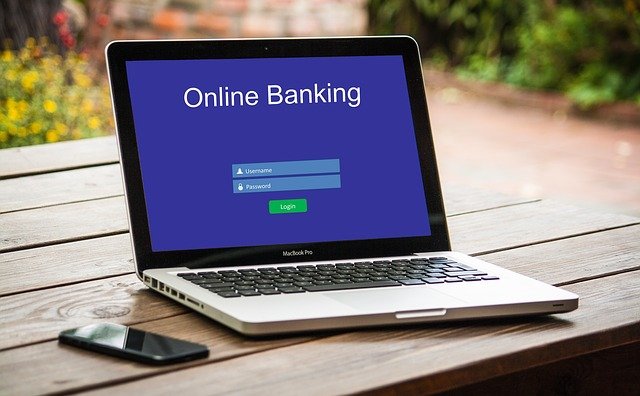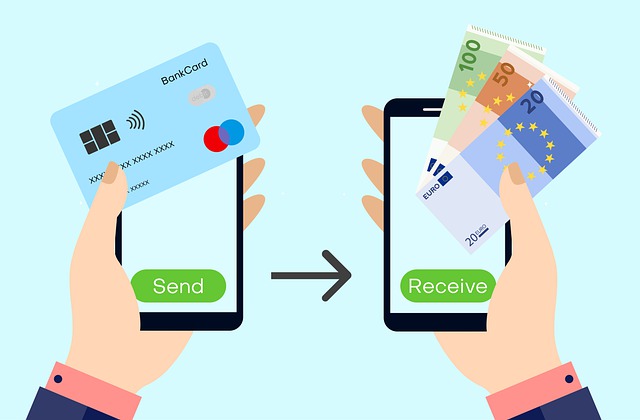
By:
Chama Chitu
Date:
10 July 2022
Online Banking Explained
Life has become so busy and so hectic that we find ourselves rarely having time to eat, let alone visit the bank. The vast internet has made it possible to do our banking right online. Many banks today offer the capability to do your banking on their website; additionally, there are some bank institutions that are online only. While banks that only exist online have begun to offer extremely competitive rates, they cannot even begin to be able to replace the personal customer service you can obtain at regular bank.
So let us delve deeper into the realm of online banking, it does have many advantages and the biggest, most popular one is the flexibility it can offer. Online banking offers you quick access to your account twenty-four hours of the day, seven days of the week, and three hundred and sixty five days of the year. With this flexibility, you know longer have to live within the constraints of specific hours of banking and you do not have to worry about holidays. Online banking is open at all hours, every single day.

Even as interest rates soar with traditional banking, typically an online bank can offer you amazing deals on different banking aspects such as mortgages, credit cards, and personal loans. So what is it that online banking can offer you? Good question, you can view all your statements and balances right online, without having to deal with telephones, ATM’s, or ten different pieces of paper. You can also view any type of transfer of funds, standing orders, and bills you have paid. You still get the traditional checkbooks and debit cards with these online banking institutions.
The first step is choosing the right online bank for you, you can find many different banks all around the internet. You will want to research them fully, to all possible extents to ensure that they are reliable and secure. You will have to fill out an application form that will likely require you at some point to sign and send back to the bank. You will also likely be required to show some form of identification for account activation.

Ensure that the banking website integrates SSL (secure sockets layer) for security as well as many other types of security measures set in place to keep your transactions safe. Once you have your online banking account set up outside of the secure website, it is up to you to keep your personal information just as safe. For instance, never write down your password, user name or Pin number. If possible, make each of these things something you can easily remember. Keep each of these things to yourself, do not give them out to any other person, if this person decides to access your account they can have full control over your funds. Do not send your information through the e-mail these can be intercepted easily. Additionally, use a password that is unique and not an obvious one like 12345. Finally, always end your banking session by logging out and closing the browser, this will prevent anyone who has access to your computer from accessing your account.